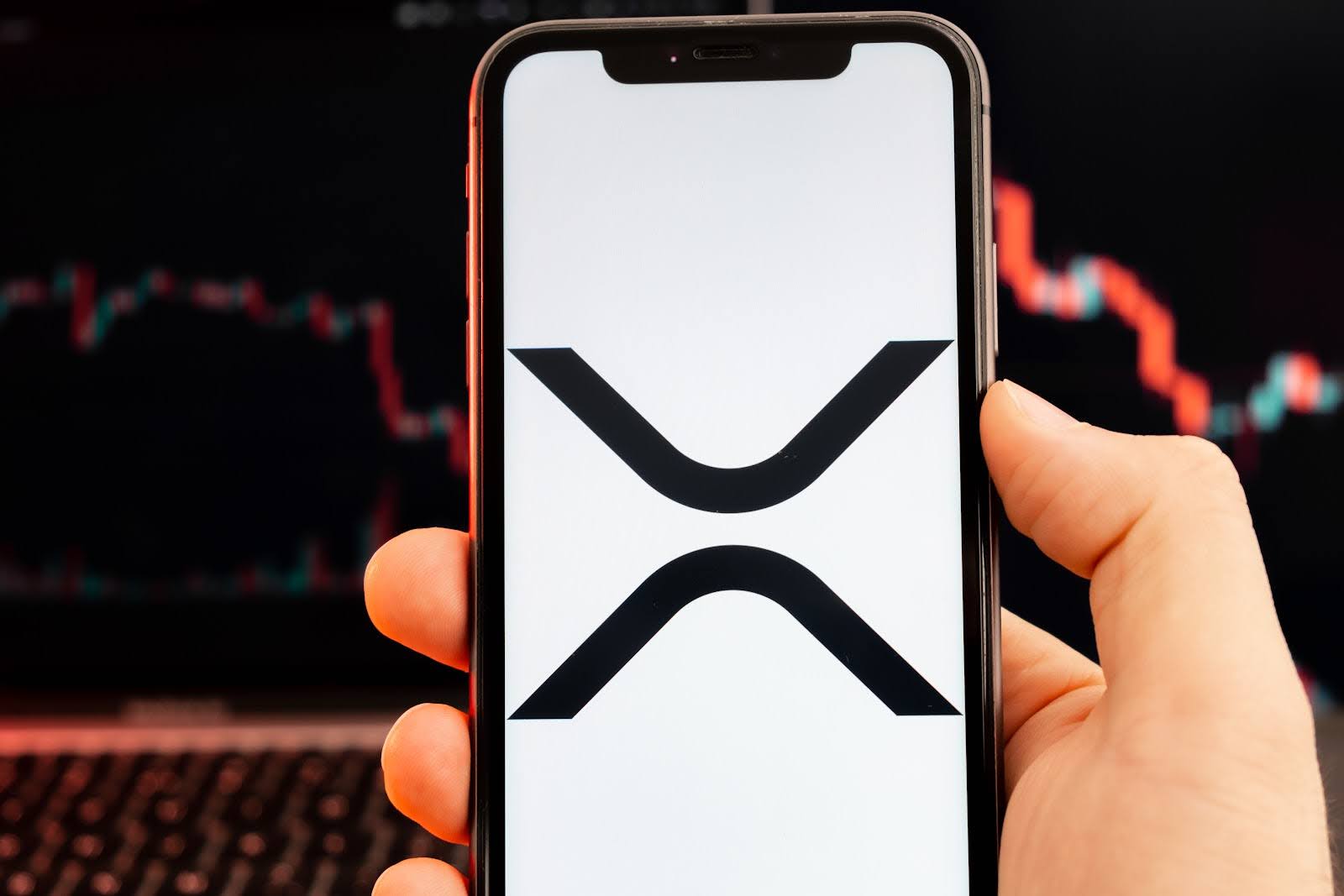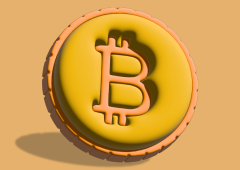XRPL Reports Record Network Activity – What’s Behind the Surge?
27.10.2024 16:00 2 min. read Alexander Zdravkov
The XRP Ledger (XRPL) has reached a significant milestone in its Automated Market Maker (AMM) activity.
On October 27, the network recorded an impressive trading volume of $3.9 million, largely fueled by the recent surge in meme cryptocurrencies following the launch of First Ledger, a platform designed to mimic Solana’s popular Pump.fun and referred to as the “meme coin factory.”
Although this influx of tokens has generated excitement, many of these newly minted cryptocurrencies lack inherent value. At present, the DROP meme coin stands out with a market capitalization of $6.92 million, while other tokens like BEAR and FLIPPY follow with $3.66 million and $1.45 million, respectively.
For context, Dogecoin, the most recognized meme cryptocurrency, has a staggering market cap of $20.2 billion.
While the sustainability of this trend remains uncertain, it has undoubtedly sparked renewed interest in the XRPL. David Schwartz, Ripple’s chief technology officer, recently commented that although the company could have pursued a meme coin or an initial coin offering (ICO) for additional funding, it chose not to as it didn’t require more capital.
Meanwhile, AMM liquidity on the XRPL has seen substantial growth, with MAG, the native token of the Magnetic project, emerging as a leader in pool size on the XPMarket. Additionally, the DROP/XRP trading pair has become one of the largest AMM pools on the XRP Ledger.
-
1
XRP Ledger Deploys EVM-Compatible Sidechain to Expand Multichain Utility
30.06.2025 21:00 2 min. read -
2
What the U.S. Blockchain Act Means for Crypto’s Future
29.06.2025 18:00 2 min. read -
3
Top 10 AI and Big Data Crypto Projects by Development Activity
01.07.2025 19:00 2 min. read -
4
Top 10 blockchains by transaction volume in June 2025
06.07.2025 16:00 2 min. read -
5
German State-Owned Development Bank Issues €100 Million Blockchain Bond
11.07.2025 7:00 2 min. read
Weekly Roundup: What Happened in Crypto Over the Past Week
From groundbreaking Ethereum developments to record-breaking DeFi activity and major protocol updates, the crypto industry saw a flurry of important announcements this past week.
Pump.fun Raises $600M in Record-Breaking PUMP Token Sale
Memecoin launchpad Pump.fun has stunned the crypto market by pulling off one of the fastest initial coin offerings (ICOs) in history.
Binance Founder Says Bloomberg’s USD1 Report is False, Threatens Lawsuit
Binance founder Changpeng Zhao has once again threatened legal action against Bloomberg.
Top 10 Biggest Crypto Developments This Week
The latest WuBlockchain Weekly report captures a high-volatility week in crypto. From Bitcoin’s new all-time high to controversy around Pump.fun’s presale and Elon Musk’s political Bitcoin endorsement, markets are witnessing sharp shifts in momentum and policy.
-
1
XRP Ledger Deploys EVM-Compatible Sidechain to Expand Multichain Utility
30.06.2025 21:00 2 min. read -
2
What the U.S. Blockchain Act Means for Crypto’s Future
29.06.2025 18:00 2 min. read -
3
Top 10 AI and Big Data Crypto Projects by Development Activity
01.07.2025 19:00 2 min. read -
4
Top 10 blockchains by transaction volume in June 2025
06.07.2025 16:00 2 min. read -
5
German State-Owned Development Bank Issues €100 Million Blockchain Bond
11.07.2025 7:00 2 min. read


